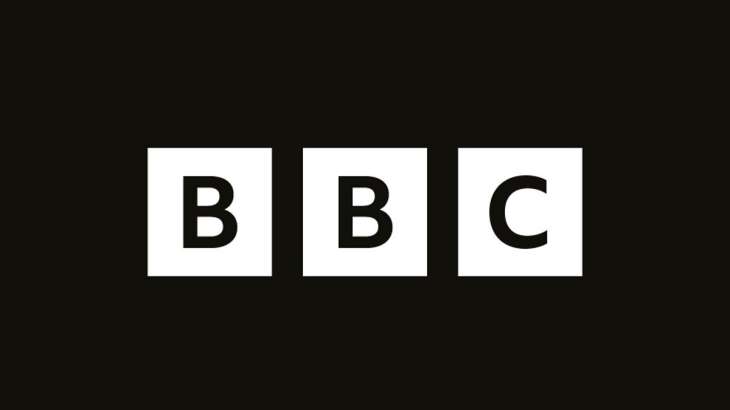
War-torn Syria has banned the British Broadcasting Corporation (BBC), accusing the media house of spreading fake news, an official said on Sunday. The Syrian information ministry has revoked the BBC’s media accreditation, accusing the British public broadcaster of biased and fake news in its coverage of the civil war-torn country.
Acting on reports on the drug trade in Syria
The announcement came days after BBC Arabic released an investigative documentary about the illegal drug trade in Syria, where it explored the links between the estimated billion-dollar industry and the Syrian military, as well as family members of President Bashar Assad. Thrown light on.
The Syrian Information Ministry said in a statement late Saturday that the decision was made after “warning the channel more than once that it aired its misleading reports relying on the statements and testimony of terrorist organizations and people hostile to Syria”. Key’s”.
Damascus revoked the licenses of both the British broadcaster’s radio and television correspondents in Syria, as well as their videographer.
“We speak to people across the political spectrum to establish the facts,” the BBC said in a statement emailed to The Associated Press, adding that the broadcaster provides “impartial independent journalism”.
“We will continue to provide unbiased news and information to our viewers across the Arabic-speaking world.” The illegal drug industry, particularly the addictive Captagon amphetamine tablets, has flourished in war-torn Syria in recent years.
While experts say it has been a way to generate revenue for the country’s crippled economy and acknowledged leadership, it has irked neighbors Jordan and Saudi Arabia as well as other Gulf countries.
Captagons are also used for entertainment and by people with physically demanding jobs, as well as to keep fighters alert on the battlefield. The United Kingdom, the United States and the European Union have sanctioned a handful of drug lords and close associates of Assad for their involvement in the trade.
The Syrian government denies any involvement in the production of Captagon. A Syrian lawmaker told the AP last month that Syria has been used as a transit state for Captagon and other drugs, and accused opposition groups of running the industry.
After Syria restored ties with many of its neighbors and returned to Arabia, cracking down on drug trafficking has been a major issue in regional talks.
Syria’s rebellion, which has now turned into a full-scale civil war in its 13th year, has killed nearly half a million people and displaced half of its pre-war population of 23 million.
Syrians suffer from widespread poverty and crippled infrastructure, both in government-held territory and in opposition-held areas in the country’s northwest.
(with AP input)
Also Read – China slaps $1 billion fine on Jack Ma’s Ant Group!